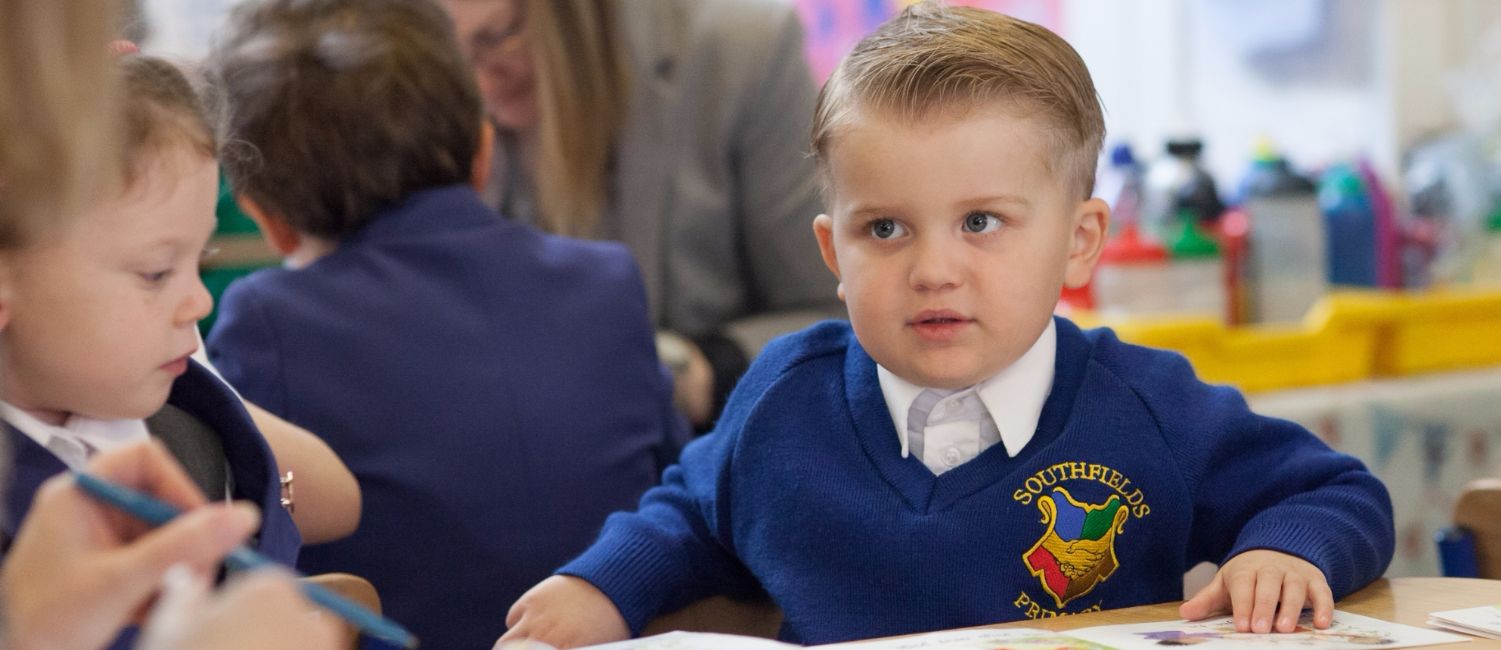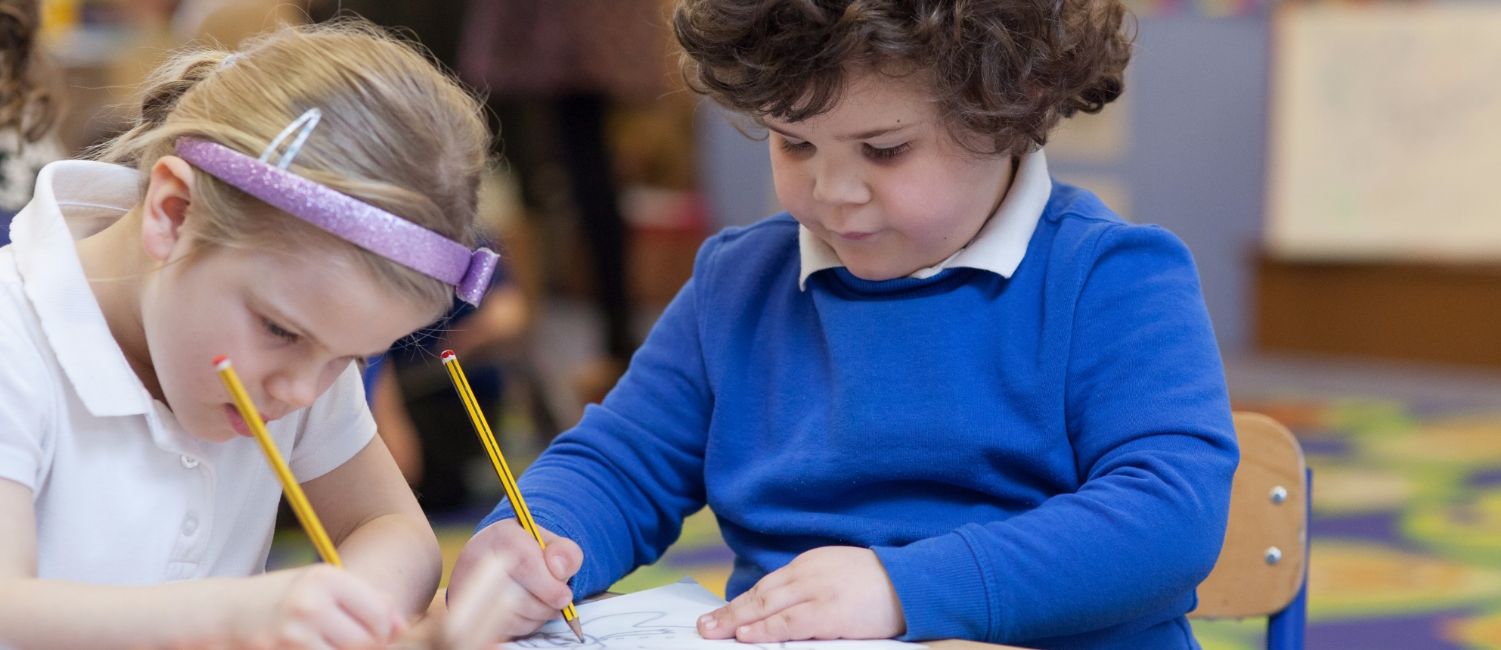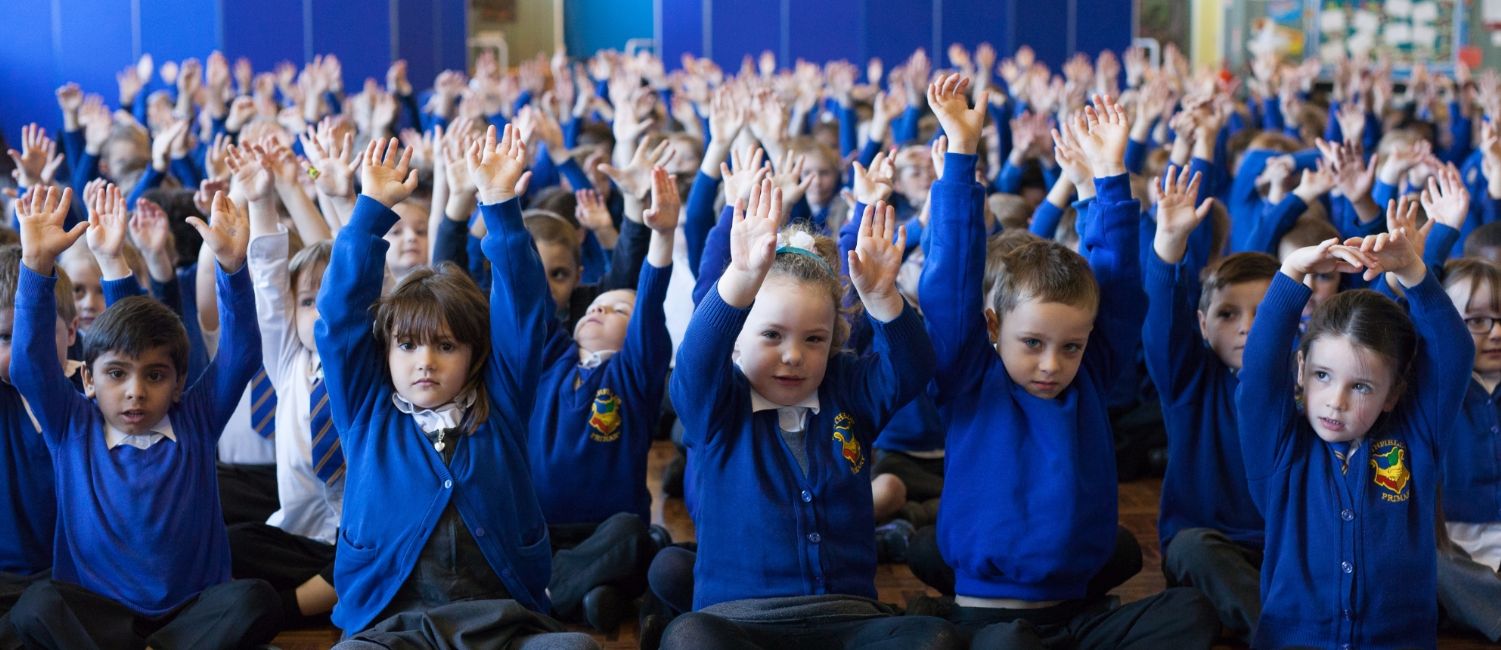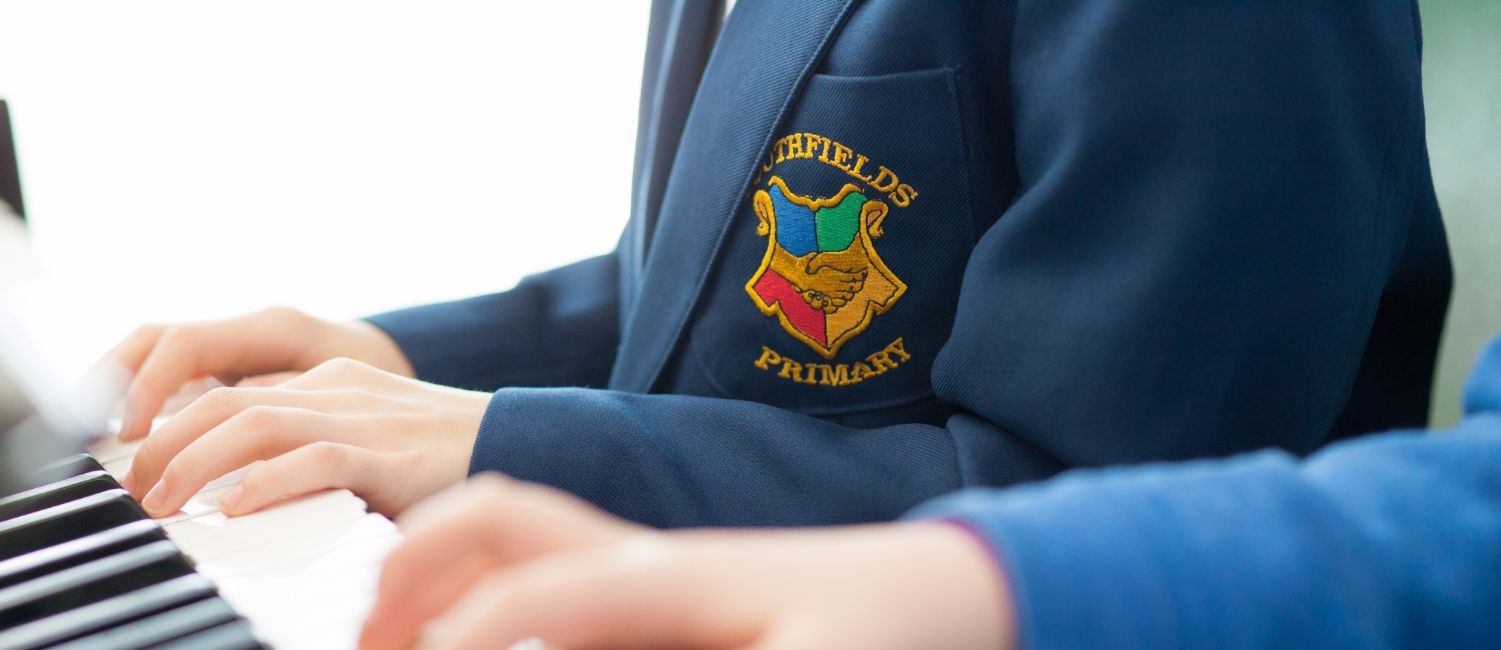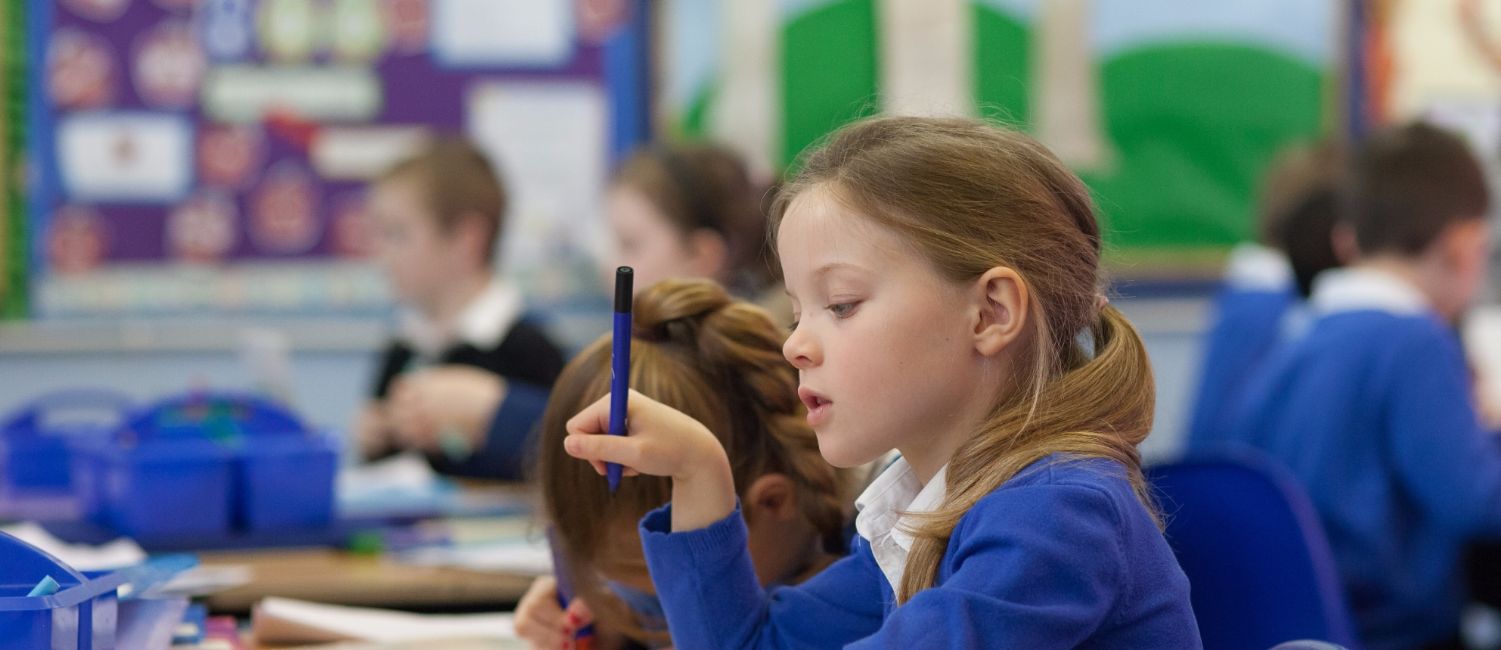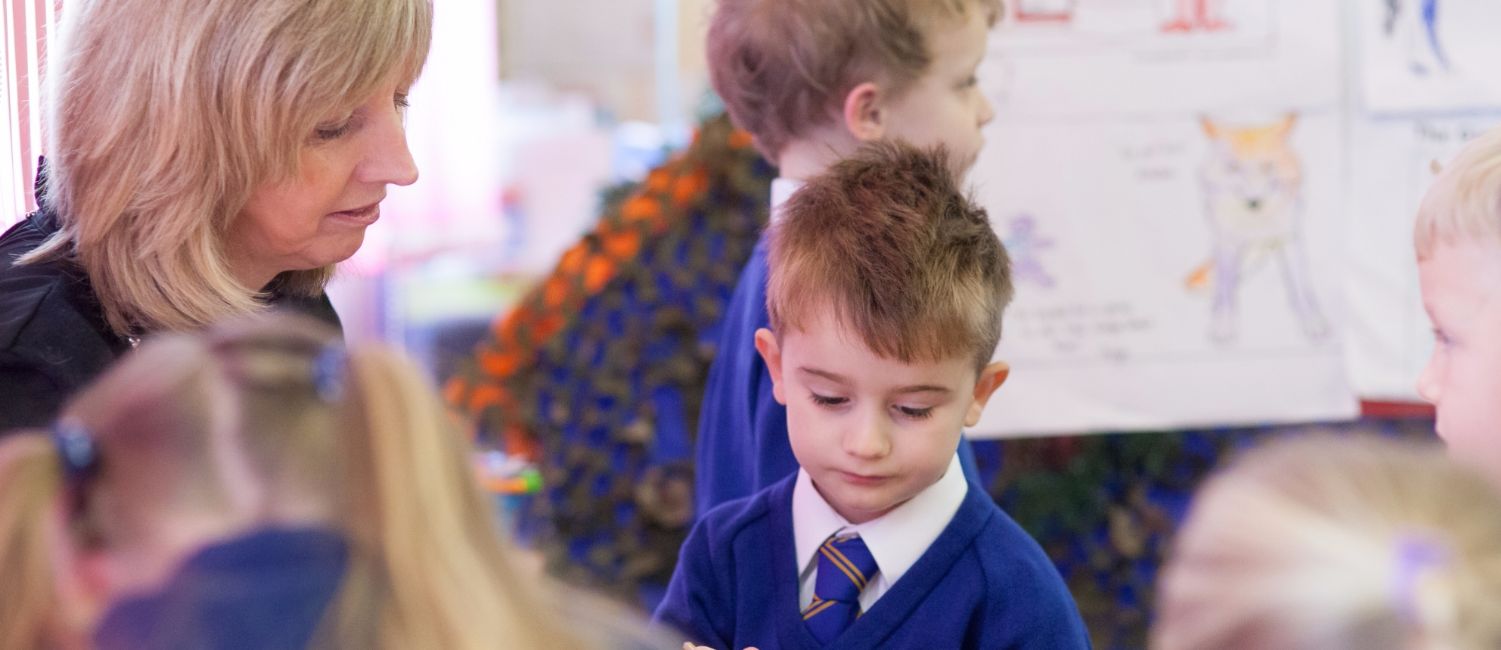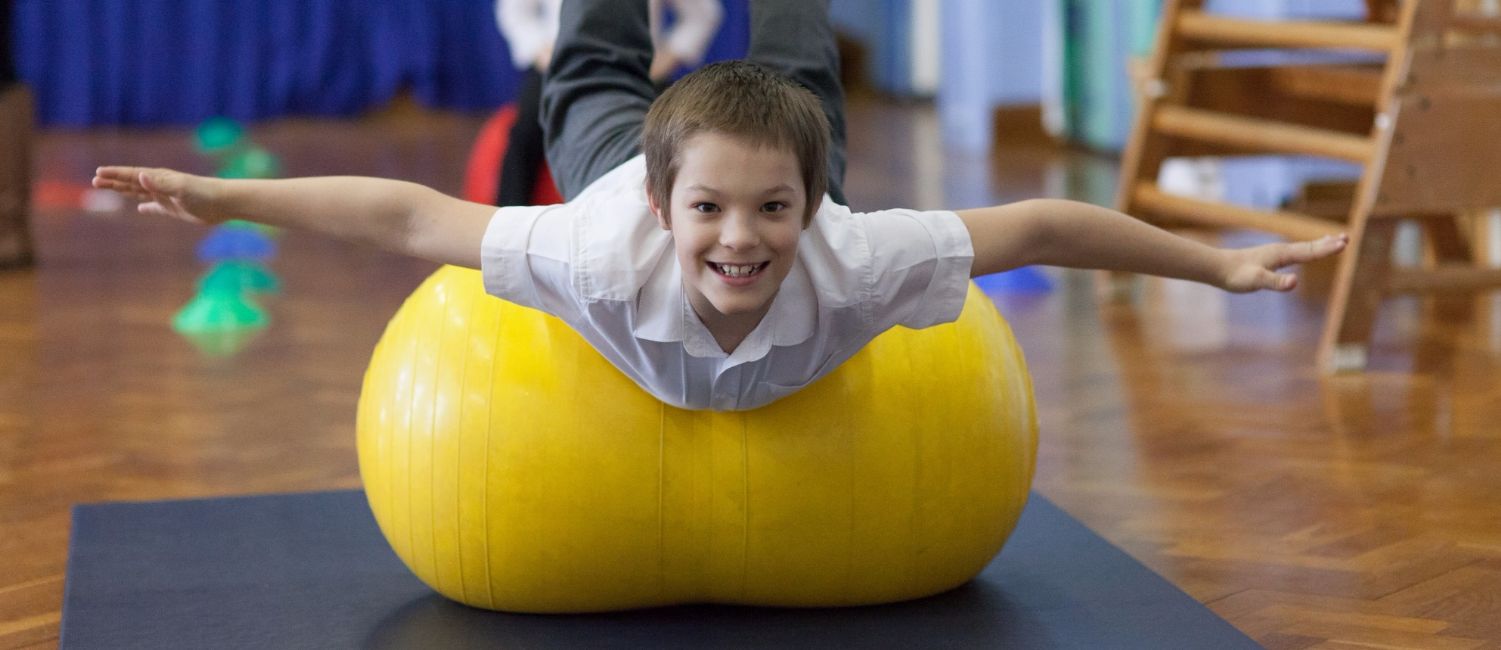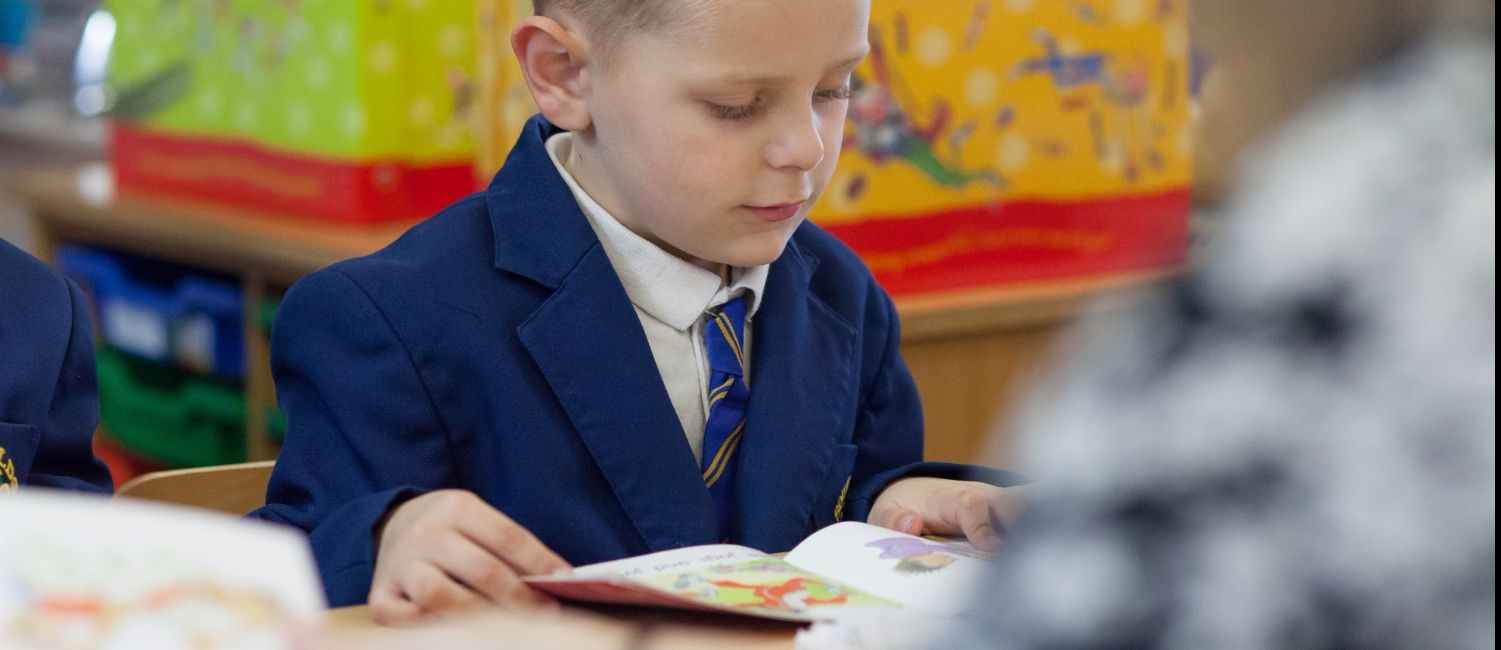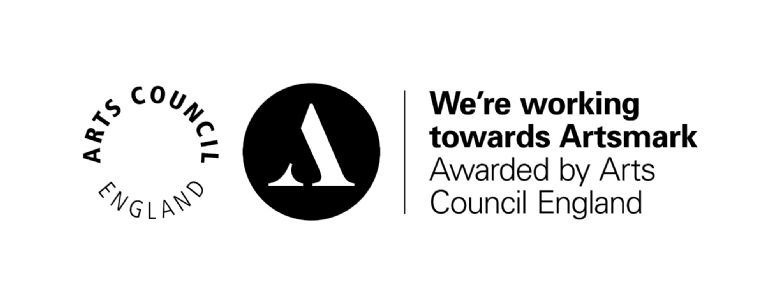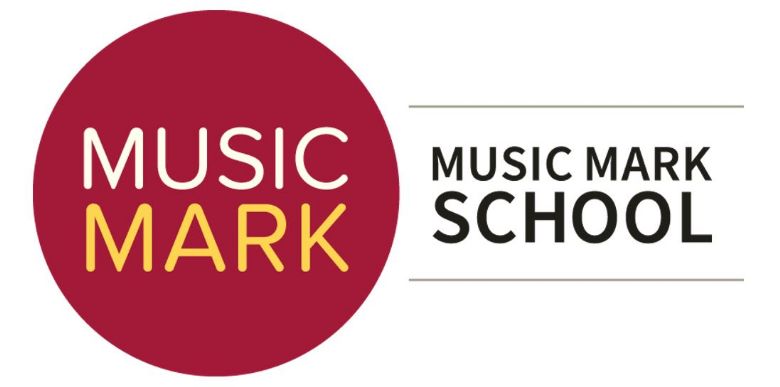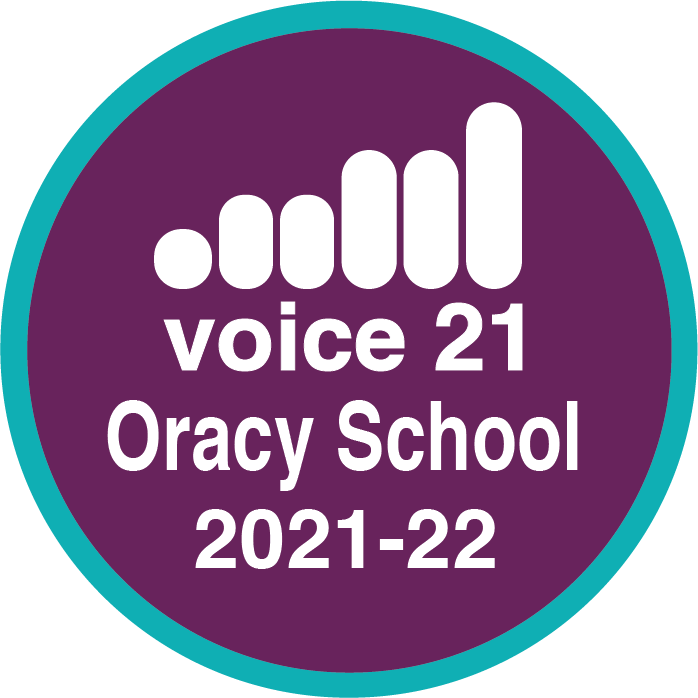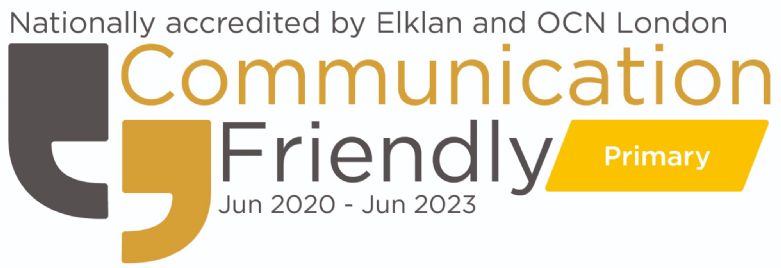Assessment
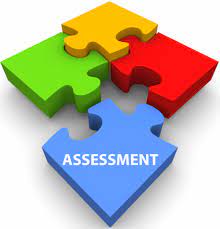
Assessment is just one piece of the observation, assessment and planning cycle. Here is a little more information on how we use observations and assessments to plan the next steps in children's learning.
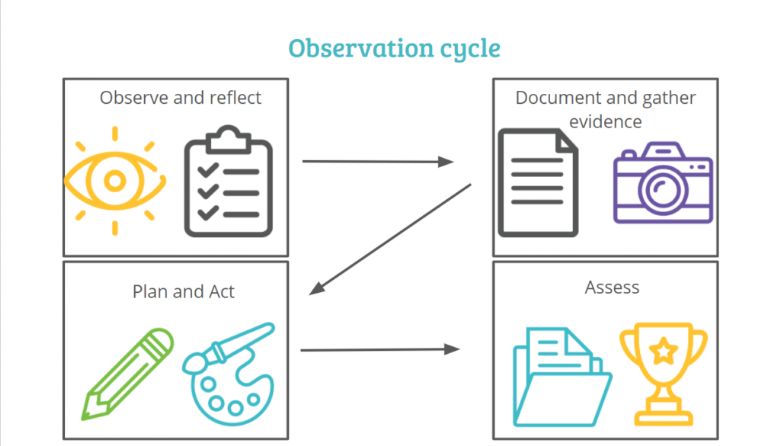
Observing what children do
Observation is the practise of looking at and listening to children to find out how they are developing, what they like doing and what they are learning through their play and the experiences on offer. It is important that parents and practitioners share what they know about these three things so that they can decide whether the child’s development is at the expected stage, whether the resources such as toys and equipment are suitable for the child and to focus them on what to provide in future to support the child to develop new interests, learn new skills and acquire new knowledge.
Observations of children are vital. Because each child has a unique set of abilities and talents, observations in different situations capture these first hand. The starting point is always with the child. Observing what children choose to do, what their interests are and who and what resources they enjoy playing with, provides adults with reliable information about children as individuals. The Observing What a Child is Learning approach in the Development Matters in the Early Years Foundation Stage document can support developing systematic observations. Observation also provides opportunities to gauge children’s needs and so more accurately plan next steps in their learning. Observations take place on a regular basis as part of daily routines. Discussing these with the child, their parents and team members gives a starting point for a holistic approach that will ensure that the child is always central to what is planned.
Assessment
Assessment in the EYFS is of two main types – on-going assessment which is what practitioners do on a daily basis to make decisions about what the child has learnt or can do already to help the child move on in their learning – this is sometimes called ‘formative’ assessment because it informs the next steps that are planned with the child and the parent.
Another type of assessment known as ‘summative’ assessment takes place towards the end of the Early Years Foundation Stage when children are in the final term of the reception class. This ‘sums up’ all the different information from on-going assessments that have been made about the child. This information is added to a record of children’s achievement which is related to the Early Years Foundation Stage Profile (EYFSP) – showing the levels different children have achieved in the seven areas of learning and development in the Revised EYFS. NB The EYFSP is not a test.
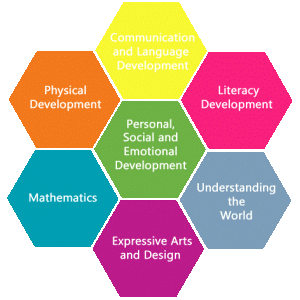
Alongside the Statutory Framework we use Development Matters revised 2021 which sets out the pathways of children’s development in broad ages and stages. The main purpose of these pathways is to help you assess each child’s level of development using a best fit judgment.
The 7 areas of Learning outlined within Development Matters are:
-
- Personal, social and emotional development
- Communication and language
- Mathematics
- Literacy
- Understanding the world
- Physical development
- Expressive Arts & Design
Teachers also make observations and judgements about whether children are exhibiting the characteristics of effective learning, these are the ways in which children learn.
Three characteristics of effective teaching and learning are:
• playing and exploring - children investigate and experience things, and ‘have a go’
• active learning - children concentrate and keep on trying if they encounter difficulties, and enjoy achievements
• creating and thinking critically - children have and develop their own ideas, make links between ideas, and develop strategies for doing things.
Within the Development Matters, the ‘observation checkpoints’ can help use to notice whether a child is at risk of falling behind in their development. By monitoring the child’s progress more closely, we can make the right decisions about what sort of extra help is needed. Through sensitive dialogue with parents we can begin to understand the child better and also offer helpful suggestions to support the home learning environment.
At Southfields observations and assessments plays an important part in helping teachers, parents, and carers recognise children’s progress, understand their needs, and to plan activities and support. In line with the ‘Statutory Framework for the Early Years Foundation Stage’, we use ongoing assessment as an integral part of the learning and development process. We use range of observations to assess children’s level of achievement and interests, and use these to shape the teaching and learning experiences for each child. In our interactions with children, we respond to the day-to-day observations about children’s progress and use observations from parents to help inform our judgements about pupil progress and attainment.
Partnership with Parents
We know that when parents and practitioners in the early years work together what a direct impact it has on children’s development and learning. Both partners have much to learn from one another and a great deal to share with each other. Working together to really understand and meet a child’s individual needs begins with valuing and respecting the different roles that each partner plays. It is a process that involves sharing information and skills and building relationships based on mutual respect and trust. Open two-way communication is vital to make sure that knowledge and expertise is shared between partners. Central to all partnerships is the child who remains the priority.
We create writing, maths and wider learning journals for the children which collate their written and practical work from taught lessons, any work or pictures taken of activities they complete during independent learning time and observations made of them by the staff. We share weekly what we have been focussing on via class dojo and create a weekly round-up poster that is shared with the parents.
Parents have the opportunity to view their children's work at termly parent's evenings and other evenings throughout the year, where the parents are invited into the classroom to share their children's learning.
Statutory Baseline Assessment
The reception baseline assessment (RBA) is a new national assessment that will be administered in all primary, infant and first schools in England to children in reception classes. The reception baseline assessment will provide the basis for a new way of measuring the progress primary schools make with their pupils.
As of September 2021, it became a statutory assessment as part of the EYFS framework.
What is involved in the reception baseline assessment?
There’ll be a short-lived session with the child’s practitioner or assistant, on a one-to-one basis. They’ll be completing a number of interactive and practical tasks. The short, task-based assessment can happen at any point during children’s first six weeks, starting reception. It will form the beginning of the new measure and looks at how schools are helping towards the progression of children from reception up until year six.
The child can answer questions by pointing to objects or answering questions verbally. The practitioner can pause the assessment at any point, too, so the child can have a break or for other reasons that help the child to feel more comfortable.
The assessment is developed to be inclusive and is adapted for children to use with special educational needs or disabilities (SEND). There are modified materials for those who have English as an additional language (EAL), too.
There’s no preparation involved for children, and they won’t be scored or graded on it. In fact, children shouldn’t even realise they’re doing an assessment. Take a look at this resource to answer any further questions you might have regarding ‘what is the reception baseline assessment?’
Assessment at the end of the EYFS – the Early Years Foundation Stage Profile (EYFSP)
In the final term of the year we complete the EYFS for each child. The Profile provides parents and carers, practitioners and teachers with a well-rounded picture of a child’s knowledge, understanding and abilities, their attainment against expected levels, and their readiness for year 1. The Profile reflects teachers’ own knowledge and professional judgement of a child to inform discussions with parents and carers, and any other adults whom the teacher, parent or carer judges can offer a useful contribution. Each child’s level of development is assessed against the early learning goals (see Section 1 in the EYFS Statutory framework). Teachers will indicate whether children are on track or not on track to meet the early learning goals. Year 1 teachers will be given a copy of the Profile report and reception teachers will discuss each child’s skills and abilities in relation to the three key characteristics of effective teaching and learning. These help inform a dialogue between reception and year 1 teachers about each child’s stage of development and learning needs and assist with the planning of activities in year 1.

